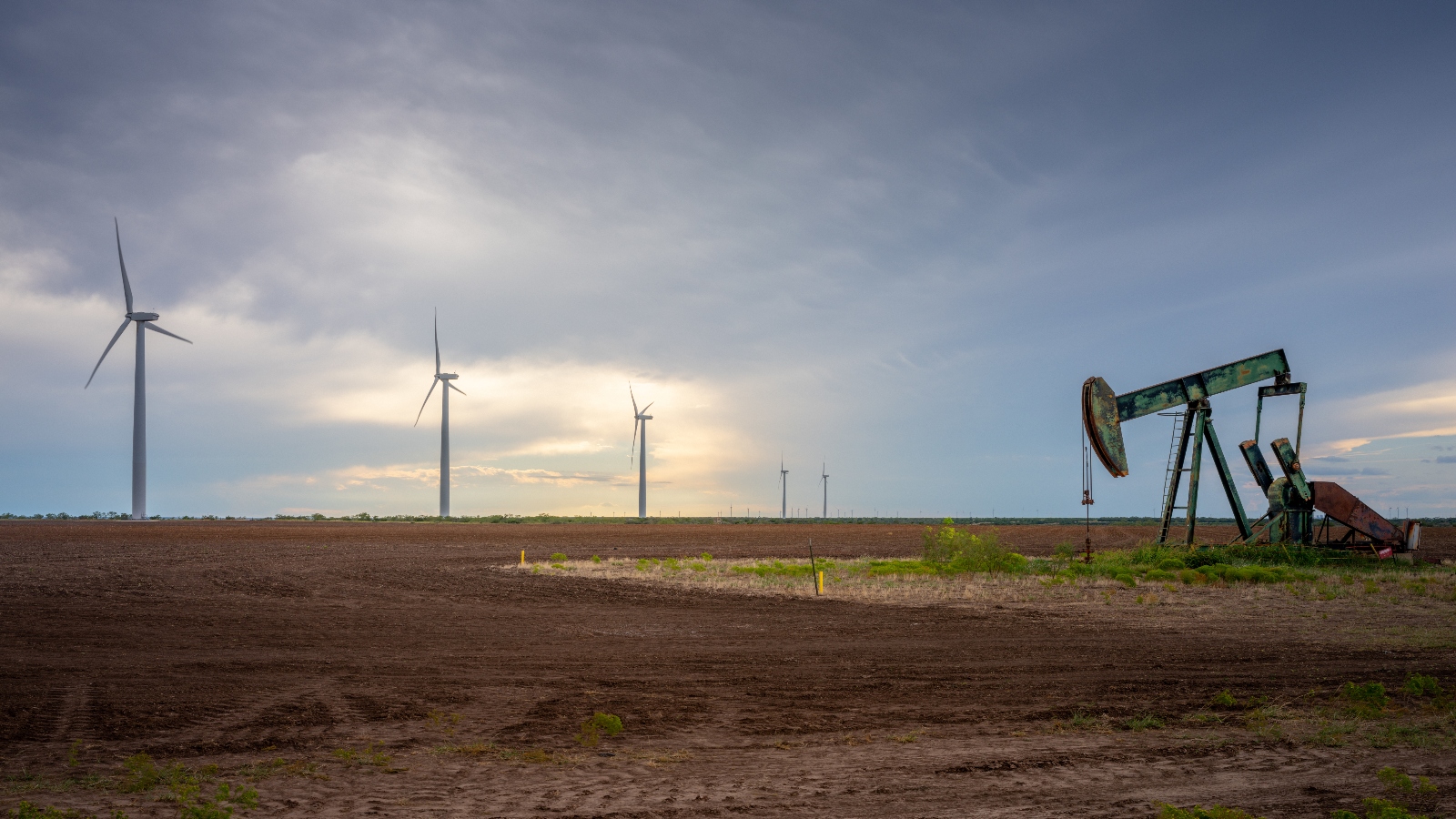Meeting the Biden administration’s goal for the United States to be a net-zero greenhouse gas emitter by 2050 is a monumental challenge that must be tackled at an even more daunting pace. But the nation’s top scientists envisioned that future and laid out a plan for realizing it in a report released on Tuesday.
In a sweeping 637-page document, the National Academies of Sciences, Engineering, and Medicine made 80 recommendations for how the United States can justly and equitably pursue decarbonization policies. It includes recommendations for everything from establishing a carbon tax to phasing out subsidies for high-emissions animal agriculture and codifying environmental justice goals.
“This report addresses how the nation can best overcome the barriers that will slow or prevent a just energy transition,” said Stephen Pacala, a professor of ecology and evolutionary biology at Princeton University and chair of the committee that authored the latest findings, which build on an earlier report released in 2021. He added that only about a quarter of the recommendations require congressional action, with many being targets at private institutions and federal agencies. There is also a recognition that some changes are unlikely to happen immediately.
“Do we think Congress will go out and pass this? No,” he said. “But maybe a future Congress will.”
The hope is that these recommendations can eventually help further solidify the impacts that legislation such as last year’s Inflation Reduction Act and the 2021 bipartisan infrastructure law are expected to have.
“Congress has invested a fair amount of our money in this transformation … but the committee sees multiple hurdles that impair the effectiveness of those starting funds,” said Ed Rightor, another author of the report and the former director of the Center for Clean Energy Innovation at the Information and Technology and Innovation Foundation. For example, it found that “perhaps the single greatest risk to a successful energy transition during the 2020s is the risk that the nation fails to site, modernize, and build out the electrical grid.”
Authors call on policymakers to alleviate such roadblocks with steps like reforms to the permitting process that would accelerate the building of transmission lines, as well as expand existing programs such as the weatherization-assistance program that helps people make their homes more energy-efficient. They also call for broader changes to the United States’ approach to combating climate change, including establishing a national greenhouse gas emissions budget.
None of these ideas are necessarily new, said Jamal Lewis, a state and local policy director for the electrification nonprofit Rewiring America. But he says the comprehensive approach makes for a particularly robust roadmap, and the National Academies could lend weight to policy pushes that are already in progress.
“The National Academies is a highly respected and authoritative voice,” said Lewis, adding that he liked that the authors looked at decarbonizing across different sectors of the economy. “All of these actions do, and need to, work together to help us achieve our climate goals.”





